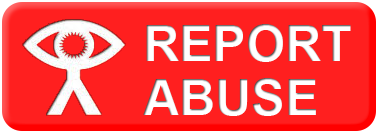Year 5 & 6 English & Curriculum
Year 5/6 Curriculum Overview 2020/2021 Autumn Term 1 – Ancient Greece
This term in Year 5 and 6 our topic is Ancient Greece and we will be learning about one of the world’s earliest and most important civilisations. The children will learn about how Greek democracy was run, and the ongoing impact the Ancient Greek way of life has on us today.
In maths we will start by learning about the place value of numbers before moving onto measures, addition and subtraction and multiplication and division. We will be focusing on using practical and pictorial representations to consolidate our understanding of the processes and methods, including long multiplication and division.
In English we will be reading and writing about Ancient Greek myths, focusing on the use of powerful description and dialogue. In our non-fiction writing we will be writing to inform, explaining to people about what we have learnt on the historical side of our topic.
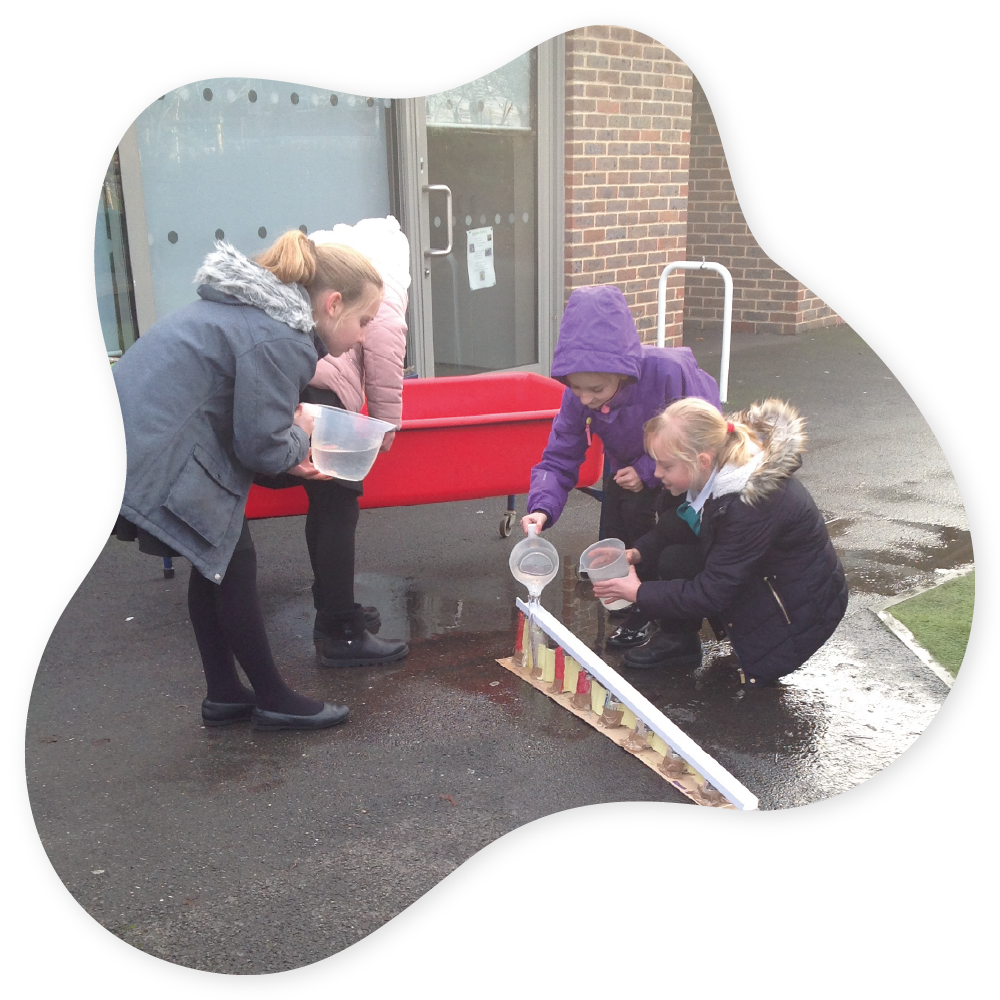
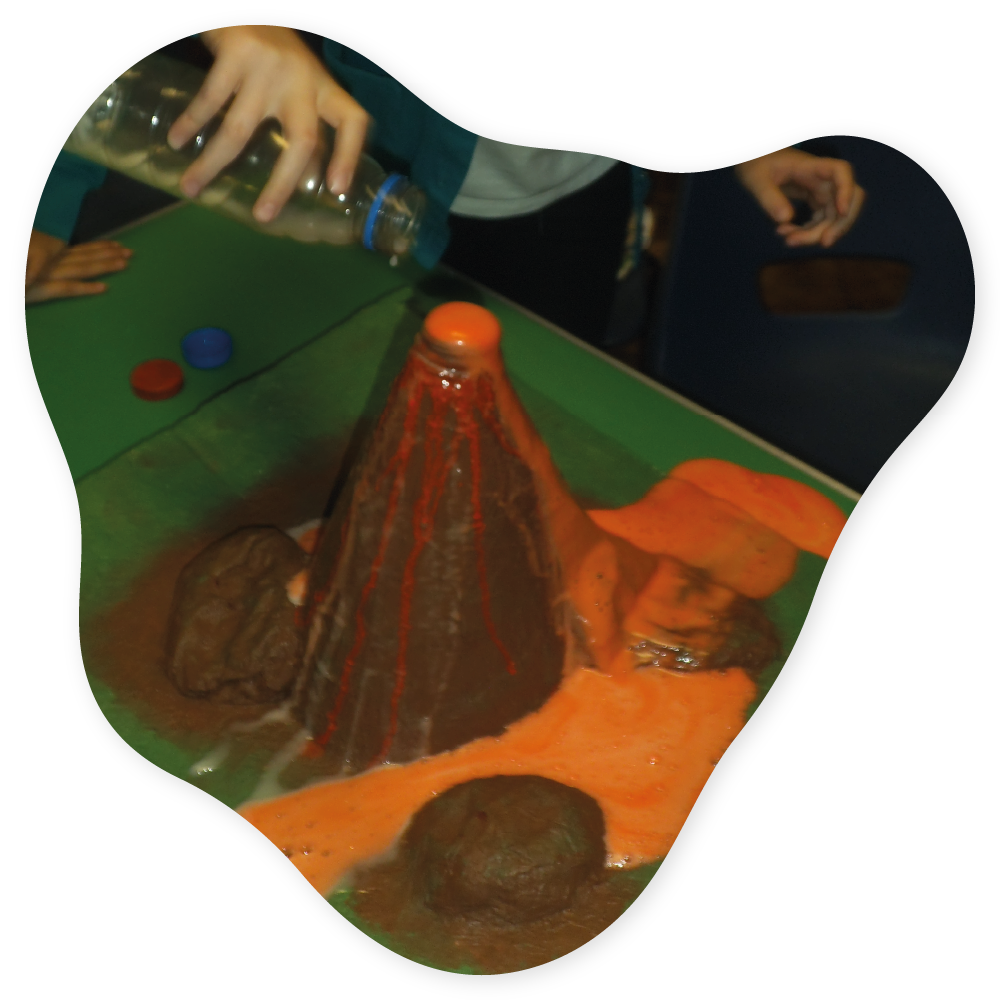
Autumn 2 – Extreme Earth
This term we will be focusing on the physical geography of our planet, Earth. We will explore inside the Earth, looking at how the Earth is structured underneath the crust we live on, as well as how this has changed over millions of years. We will then move further out and explore how the inside of the planet affects the surface, looking at how volcanoes are formed and earthquakes occur.
In maths we will be moving onto fractions and how we can calculate with these.
Our English will involve looking at texts about Pompeii and the devastating eruption that wiped out the ancient town. We will respond to these texts by creating a range of our own texts, such as non-chronological reports, diaries and stories.
Year 5/6 Curriculum Overview 2020/2021 Spring 1 – Earth & Space
After looking at our own planet in our previous topic, we will begin to move further away and start to look at its place in the solar system and beyond. We will explore how Earth fits into our solar system, relative to the Sun and other celestial bodies. We will also explore how the Earth’s rotation, tilt and orbit create the effect of night and day as well as the seasons. We will also be exploring the concept of gravity, what this is and how it affects the galaxy.
We will also be looking at the historical side of space travel, focusing on the Space Race and how it unfolded. This will link into our English, where we will be writing newspaper reports about the moon landing, as well as science-fiction stories and descriptions.
In maths we will be looking at decimals and percentages as ways of representing parts of a whole, as well as the geometry of angles and introducing algebra.
We will also tie our topic into our RE, where we will be exploring the symbolism of flight in both religious and non-religious stories.
We will also be listening to The Planet Suite by Holst and creating our own compositions to represent the planets.
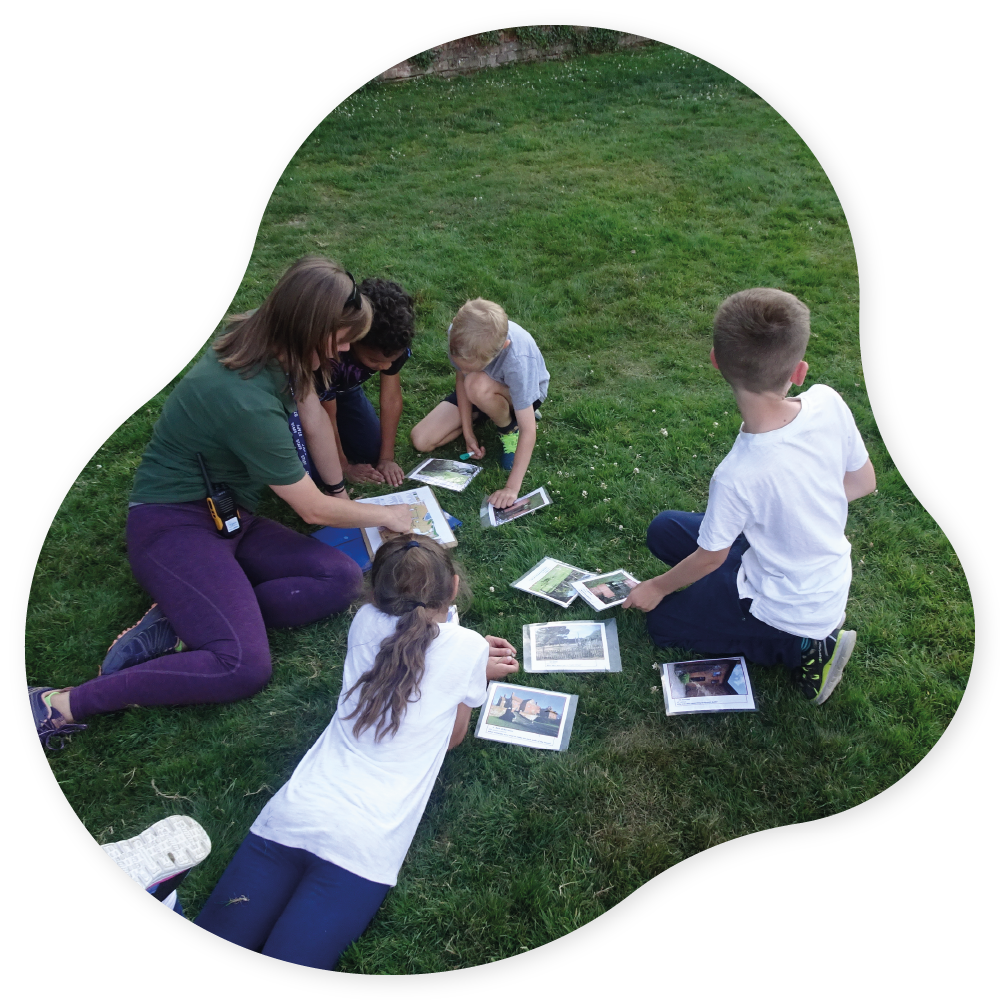
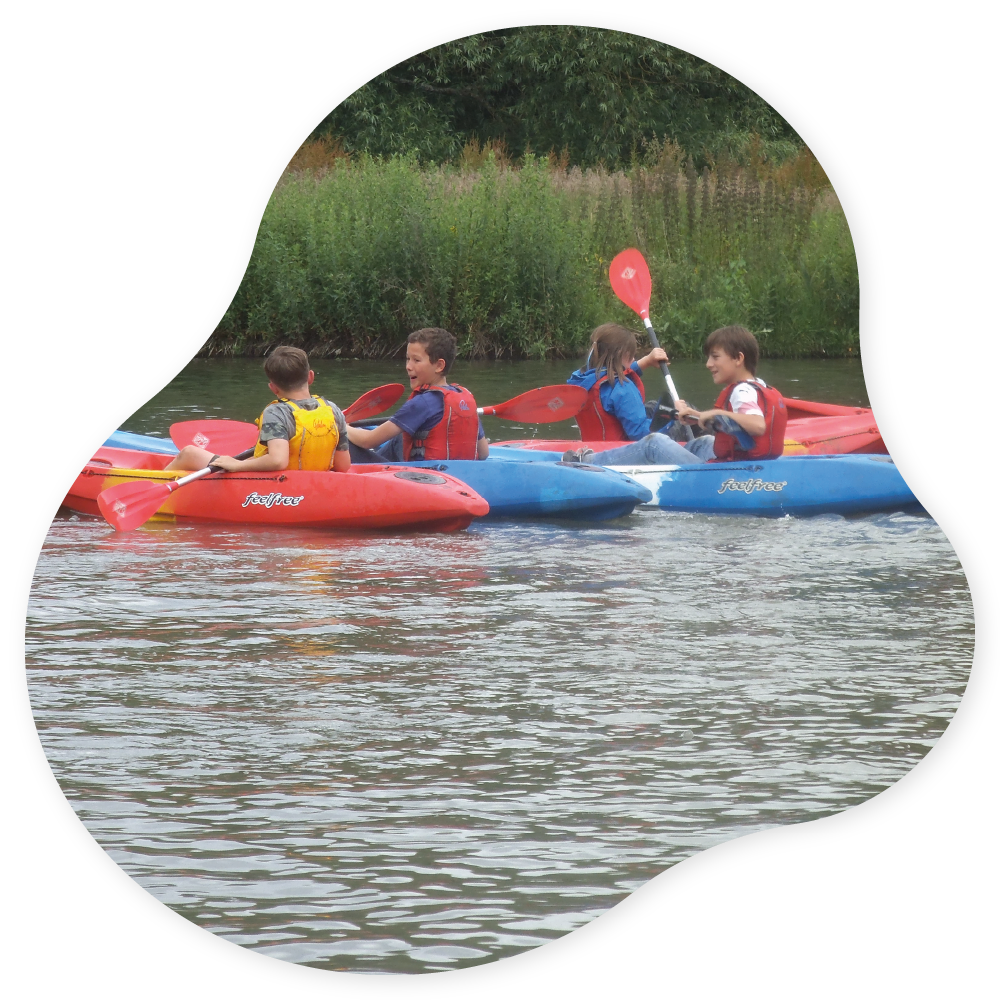
Spring 2 – Bright Sparks
This term our topic is all about invention and the science of light. In Science we will be learning about the how light travels in straight lines as well as how we see the world around us, including how light reflects off different surfaces and also how our eye itself works.
In Literacy, we will be exploring a range of texts that give us opportunities to put into practice our learning so far this year, including ‘Oranges in No Man’s Land’ and ‘The day the Crayons Quit’.
In Maths, we will be looking at reflection and translation of geometric shapes as well as revisiting written methods of arithmetic, fractions and decimals. We will be looking at solving a range of problems involving different measures, including money. At this point of the year, we will be revisiting already taught units and develop children’s reasoning skills when solving problems and selecting appropriate and efficient strategies to solve problems.
We will also be looking at our local area and how invention and industrialization have contributed to the local community since the industrial revolution.
Finally in art, we will be exploring the different sketching techniques which can be used to create light and shade through sketching.
Year 5/6 Curriculum Overview 2020/2021 Summer 1 – Eye of the Wolf
We will be focusing our work this term around the novel ‘Eye of the Wolf’. This is the story of a young boy who becomes fascinated by a wolf in a zoo. We flashback to learn the extraordinary journeys that both the wolf and the boy took to get to that place. This will lead into many different text types and give us the opportunity to explore how we can apply our learning so far this year into some truly exciting writing.
In maths we will focus on statistics and analysis as well as continuing to revisit topics from earlier in the year.
To tie into our novel, we will be looking in Geography at the contrasting environments of Alaska and Africa, the main settings of the story. We will explore the physical geography of these vast land mases and compare and contrast the environments there.
We will also be looking at creating soundscapes in music which create a sense of the environments, as well as artwork that reflects the environments.
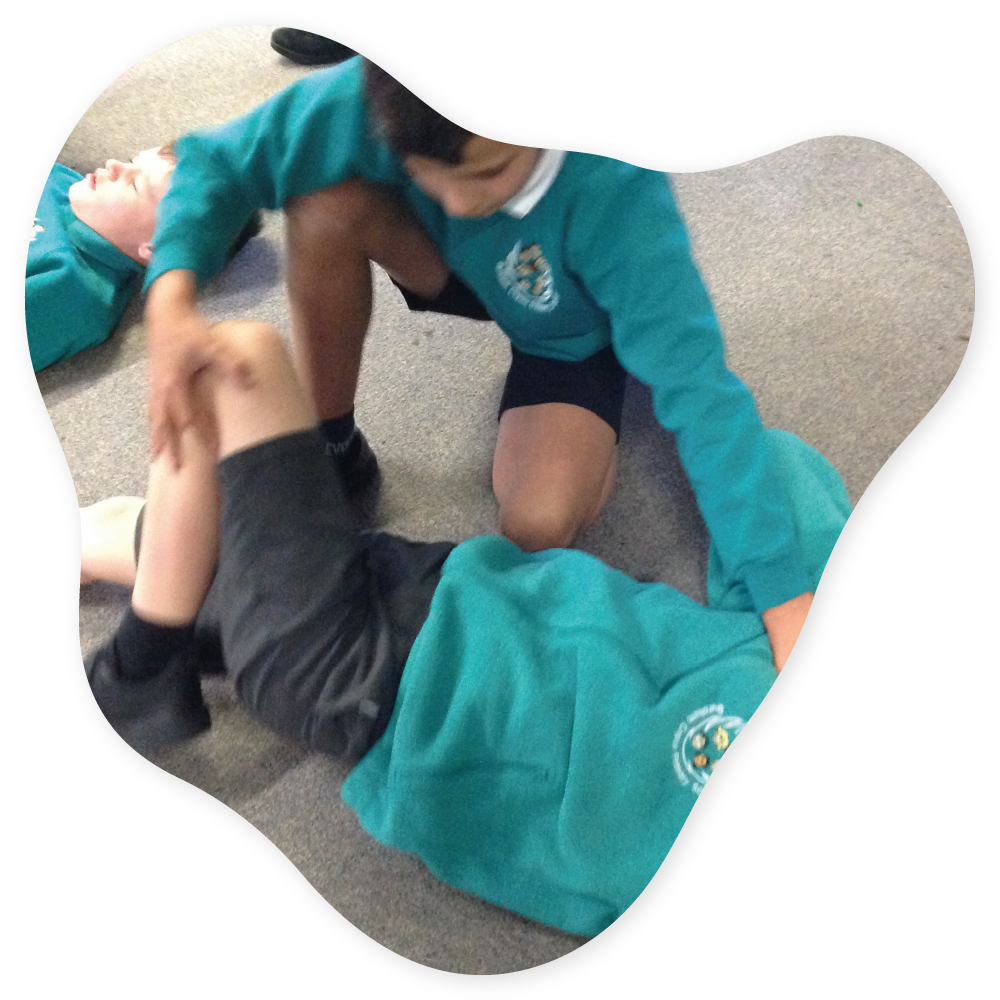
Summer 2 – Rainforest
Our final topic of the year will see us travel to the rainforests of South America, as a springboard for a range of learning.
We will be looking at stories which use the jungle as a setting and writing our own quest stories that take us deep into the foliage. Also in English we will be creating poetry to reflect the tropical environment as well as factual texts to communicate our learning on the topic.
In science we will be exploring evolutionary theory and using the rainforest, one of the most bio-diverse areas on the planet- as our focus to look at how species adapt and thrive.
We will also use the opportunity to explore the physical geography of the forest, looking at how this important habitat works.
Through a range of artistic expression – music, art and drama – we will attempt to also recreate our own little part of the rainforest in school, as well as creating models of the forest, which show our learning about the way the forest works.

